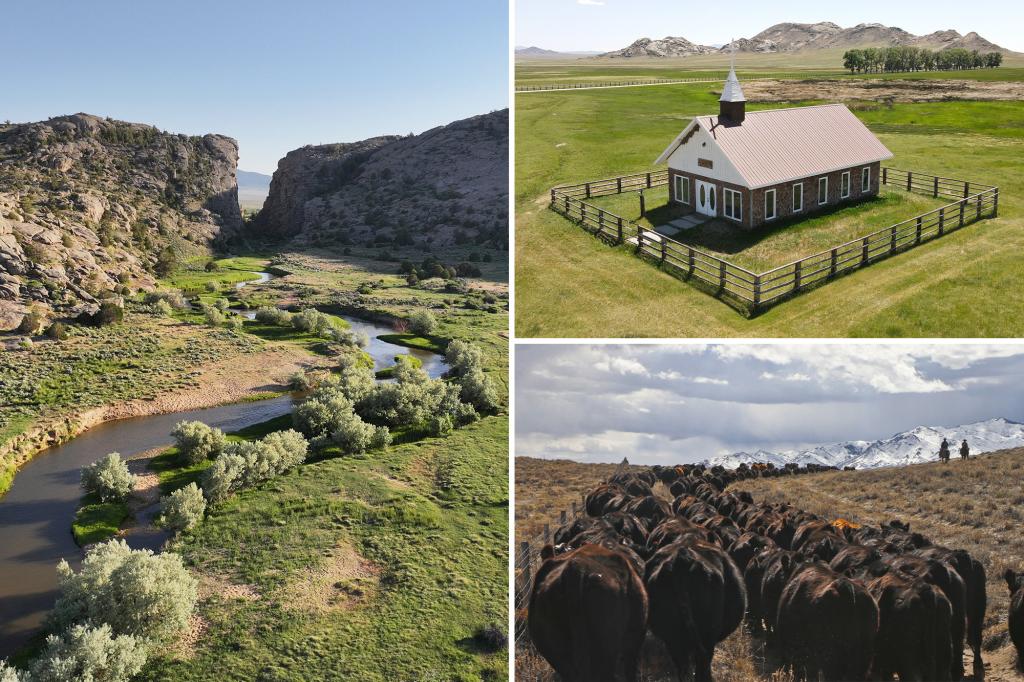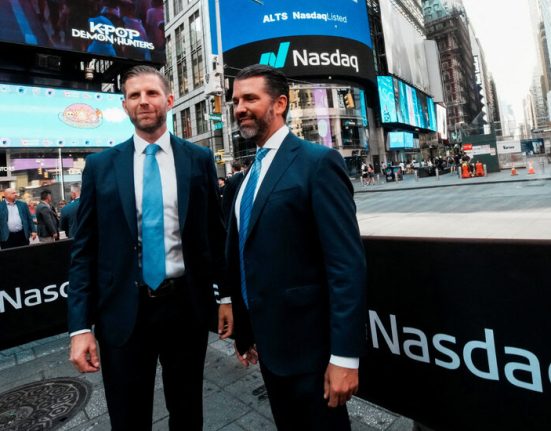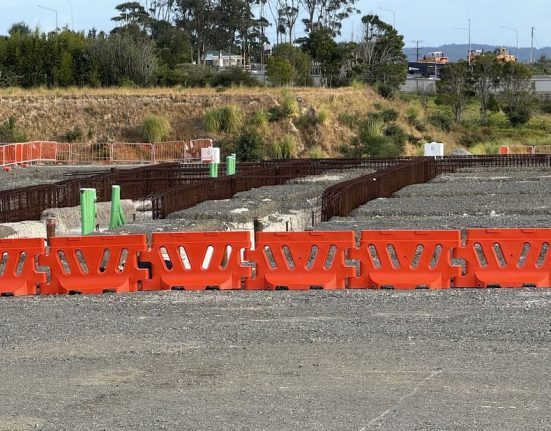The “Yellowstone effect” is inspiring deep-pocketed buyers to seek out sprawling American ranches, and family disagreements are pushing owners to sell.
Large American ranching families are increasingly choosing to offload legacy properties that have been in their families for decades or even generations, CNBC reported. Ranch brokerage Live Water Properties claimed a 250% surge in its listing inventory over the past year.
One major Wyoming property, the massive and historic Pathfinder Ranchers, made headlines earlier this month when it listed for $79.5 million for the first time since it was assembled. The 916,076-acre grazing empire is larger than the state of Rhode Island, and occupies more than 1% of Wyoming’s total acreage.
Among Live Water’s other listings is the 40,000-acre Antlers Ranch in Meeteetse, Wyoming, available for the first time in five generations for $85 million.
“The land is perpetual, but the ownership is not,” Live Water broker Latham Jenkins told CNBC.
The Wyoming-based brokerage, which deals in multi-million dollar properties across America, saw its listing inventory skyrocket from under $200 million in May 2024 to $700 million currently.
The recent wave of sell-offs has been hastened along by the “Yellowstone effect” — used to describe a notable boost in economic activity in the American West following the 2018 premiere of the hit Paramount series. The pandemic compounded that demand, as wealthy buyers sought wide-open spaces beyond their comparatively cramped penthouses.
Ample supply of newly listed ranches is reportedly meeting that wave of interest.
Multigenerational ranch families across the American West are facing a dramatic inflection point, CNBC reported, as the ranching industry continues its decline and growing family trees branch out far and wide.
Deanna Davis, whose family owns the 7,600-acre Reynolds Ranch in California, told the outlet that disagreement among heirs over Reynolds’ fate led to its $30.7 million listing. Given the property’s 90-minute commute to San Jose and ample room for a landing strip, Davis said she expects a Silicon Valley buyer to come calling soon.
“It’s extremely difficult, the concept of losing the place, but on the other hand, it’s going to make the next family very happy,” Davis told CNBC.
Multigenerational properties aren’t the only ranches hitting the market. Bill McDavid, a broker at Hall and Hall, told CNBC that there’s been an uptick in families offloading ranches they acquired only two or three decades ago.
Some of these short-lived ranch owners made their fortunes in the dot-com boom or financial markets, McDavid said. In some cases, the sale is a matter of disinterested children who aren’t following in their parents’ footsteps.
Other times it’s simply a matter of capital — managing a ranch is a huge investment. Despite their grand curb appeal, legacy ranches require a lot of buy-in. Some wealthy buyers expect turn-key homes and convenient commutes, McDavid said, and they are sometimes met with outdated homes and hours-long drives to the nearest airport.
But the perks of owning a legacy ranch are undeniable. Rambling properties in rural states like Montana, Wyoming and Colorado offer classic Western vistas, daily proximity to wildlife, and unparalleled privacy. They’re often surrounded by public lands, too, so isolation is all but guaranteed.
So, if you have $10 or $70 million to spare, now is a great time to dust off those cowboy boots.







